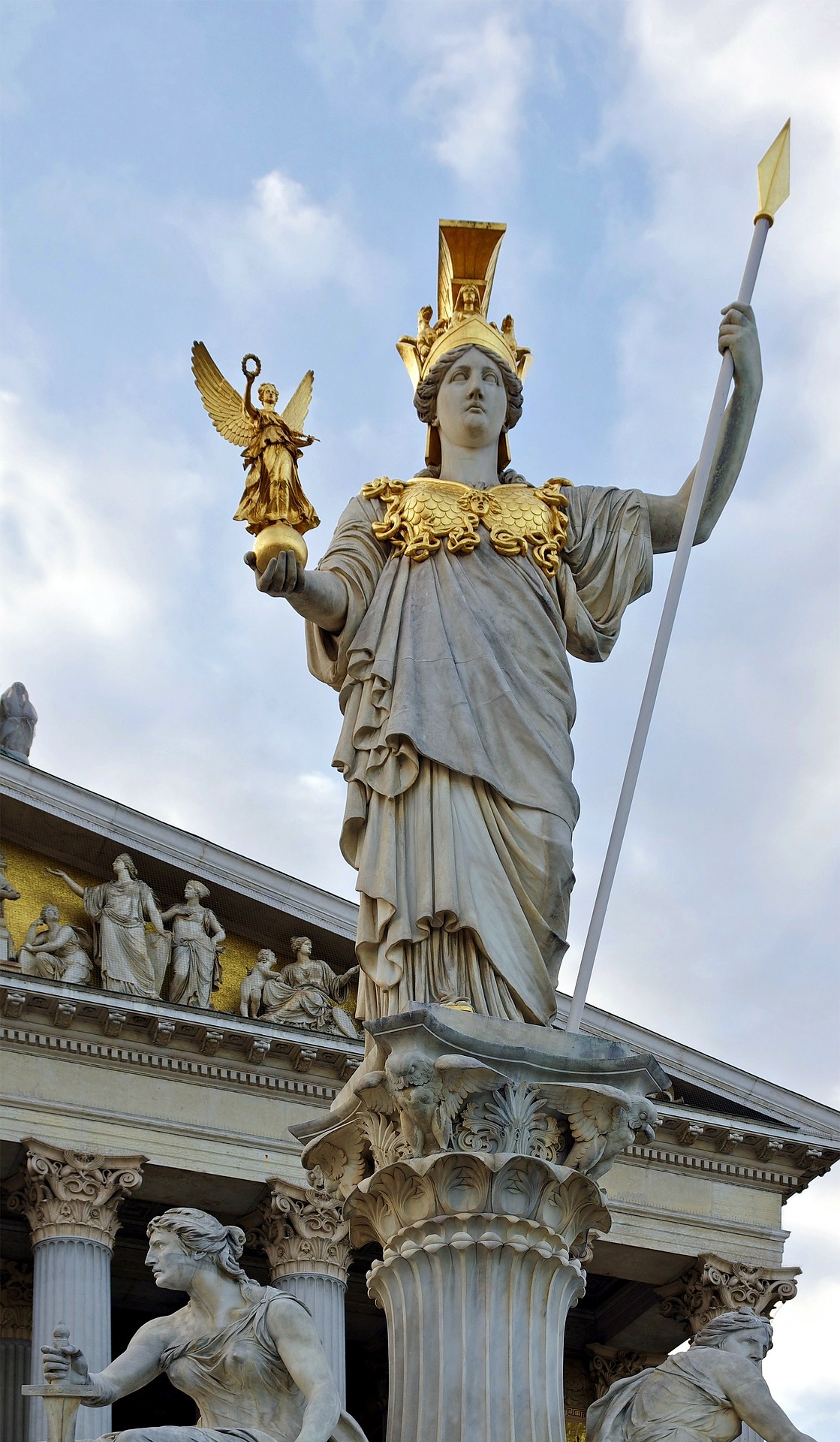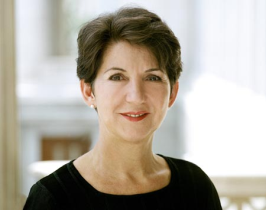Democracy needs Education
By Barbara Prammer
Published on September 13, 2013

Politics as I conceive it must achieve a great deal for society. However, two tasks should receive priority: firstly, all people must be given a fair chance in society, and secondly, education and social issues should be at the heart of all political action. I have set the task of achieving a fair society that provides equal opportunities for all, a social society that looks at the needs of the weak, a society where selfishness and indifference do not dominate, and a society where equal rights apply to everyone, as my key political objective. Such a society cannot be realized with a few measures. The politics of a nation must be geared towards realizing these goals.
A key to having more opportunities in society lies in education. While education may not necessarily guarantee a better or happier life, it does open doors.
It is the task of politics to open these doors. I will draw from my own personal experience to explain the meaning of this: It was during my last year of high school, that I received new textbooks for the first time. Prior to that, I had to come along with old and used books. I, therefore, describe myself as a “Kreisky child”, since I belonged to a generation that has benefited tremendously from the education campaign of the early 1970s. During that era, existing barriers were dismantled, thus allowing people equal access to education in the hope that this was the only way to achieve an egalitarian society.
Hitherto, social hierarchy still has an influence on education and therefore on the opportunities in society. It is for this very reason that the education system needs to ensure that children from disadvantaged backgrounds are receiving the same educational opportunities as children from well-off families. Furthermore, children should find an educational system in which criticism and scrutiny are promoted as values for the purposes of learning and practicing democratic values and conduct.
The internalization of democratic conduct begins in childhood. From the beginning, children need to recognize the universality and indivisibility of human rights as values that are beneficial to them. These values must not only be accepted, but they must also be practiced.
For a democracy to function properly, it is essential that the tenets of democracy such as empathy, tolerance, and solidarity are learned, internalized, promoted, and experienced by the individual in daily life.
With the launching of my Democracy Workshop in 2007 and its six different workshops, parliament has provided more than 540.000 (as of November 2011) participating children from all over Austria, with an invaluable and internationally acclaimed contribution that seeks to assist them in becoming democratically conscience and active citizens.
The acquisition of education is certainly never complete and therefore not a question of age. By the same token, the practice of democratic conduct and the forging of political relations takes a lifetime.
The survival of democracy depends on the willingness of the people to participate in the democratic process. It must be clear to all of us, that democracy is not gratuitous.
Without participation, democracy itself is incapable of satisfying our needs. Even more, democracy places demands on the individual. I therefore would like to emphasize once more, the role played by adult education in the formation of political relations. Adult education should not be considered an economic good only. It ought to serve politically democratic and social functions.
If democracy is to be learned, in order for it to be experienced, then the reverse is also true in my opinion. Democracy requires us to work for it. This means constant participation in the political life of the country.
In all discussions on the subject of political apathy, we must never lose sight of the fact that it is a prerequisite for a functioning democracy, that people need not only recognize their interests but also find ways to realize them; that they need to find alternatives which they are capable of evaluating, and that compromises are the manifestation of a pluralistic society which they need to accept. This is becoming more important in an increasingly complex and dynamic world. Democracy needs to be internalized and experienced in all aspects of human life. It is a requirement that education in all its facets is seen as a political and democratic project.
The Author

Barbara Prammer is the President of the National Council of Austria. This article is translated from German.
Article picture: Pixabay


